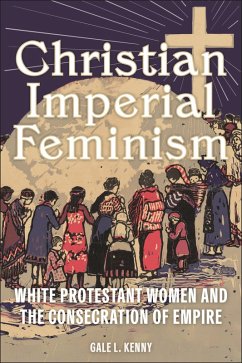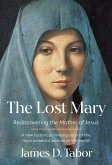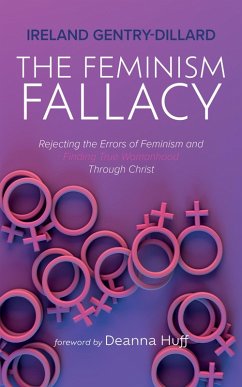Illuminates how white American Protestant women embraced a racially specific version of social
inclusiveness that centered themselves as the norm
Amidst the global instability of the early twentieth century, white Christian American women embraced
the idea of an "empire of Christ" that was racially diverse, but which they believed they were uniquely
qualified to manage. America's burgeoning power, combined with women's rising roles within the
church, led to white Protestant women adopting a feminism rooted in religion and imperialism.
Gale L. Kenny examines this Christian imperial feminism from the women's missionary movement to
create a Christian world order. She shows that this Christian imperial feminism marked a break from an
earlier Protestant world view that focused on moral and racial purity and in which interactions among
races were inconceivable. This new approach actually prioritized issues like civil rights and racial
integration, as well as the uplift of women, though the racially diverse world Christianity it aspired to
was still to be rigidly hierarchically ordered, with white women retaining a privileged place as guardians.
In exposing these dynamics, this book departs from recent scholarship on white evangelical nationalism
to focus on the racial politics of white religious liberalism. Christian Imperial Feminism adds a necessary
layer to our understanding of religion, gender, and empire.
inclusiveness that centered themselves as the norm
Amidst the global instability of the early twentieth century, white Christian American women embraced
the idea of an "empire of Christ" that was racially diverse, but which they believed they were uniquely
qualified to manage. America's burgeoning power, combined with women's rising roles within the
church, led to white Protestant women adopting a feminism rooted in religion and imperialism.
Gale L. Kenny examines this Christian imperial feminism from the women's missionary movement to
create a Christian world order. She shows that this Christian imperial feminism marked a break from an
earlier Protestant world view that focused on moral and racial purity and in which interactions among
races were inconceivable. This new approach actually prioritized issues like civil rights and racial
integration, as well as the uplift of women, though the racially diverse world Christianity it aspired to
was still to be rigidly hierarchically ordered, with white women retaining a privileged place as guardians.
In exposing these dynamics, this book departs from recent scholarship on white evangelical nationalism
to focus on the racial politics of white religious liberalism. Christian Imperial Feminism adds a necessary
layer to our understanding of religion, gender, and empire.
Dieser Download kann aus rechtlichen Gründen nur mit Rechnungsadresse in A, D ausgeliefert werden.









